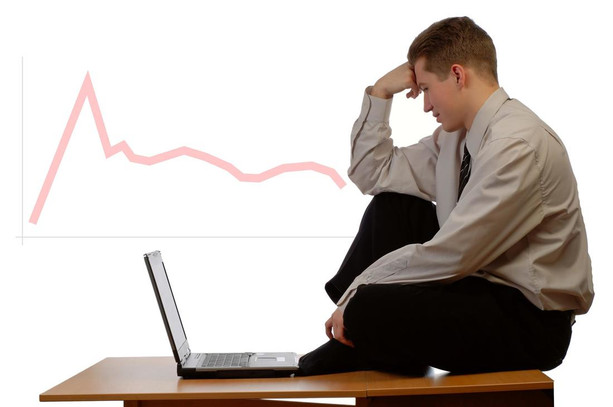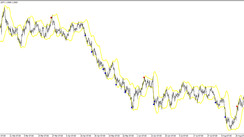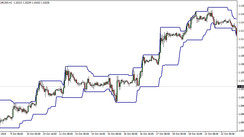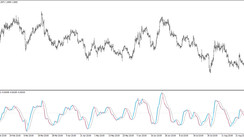Trading psychology is a key aspect if you want to trade currencies profitably over the long run. That is a well-known and talked about fact in the Forex trading world.
In essence, mistakes related to trading psychology can always be traced to two basic emotions – fear and greed. In this article, we will talk about the former and specifically about the “worry” part of it.
It’s easier to deal with fear when you realize that the emotion of fear cannot exist if it is not preceded by worry which is preceded by doubt. In fact, it all usually starts with a tiny bit of doubt about a small aspect of a perfectly fine trade. The doubt soon turns into worry which soon turns into fear and that soon causes the trader to emotionally act on his/her positions.
This is not how you want to trade the market.
“What’s the solution then?” you may ask.
It’s quite simple, as is always the case for almost any “trading psychology” problem.
And that is "Do a sound and solid analysis and then stand by it!” - Only act in accordance with what the analysis suggests should be done.
Now, of course, we understand that this may sound easier said than done, by it is the truth. As soon as you start to deviate from the analysis and be affected by emotions – you lose.
Understanding the fact that the analysis is the most important aspect to consider when making trading decisions is a good point to start and a good direction to strive for.
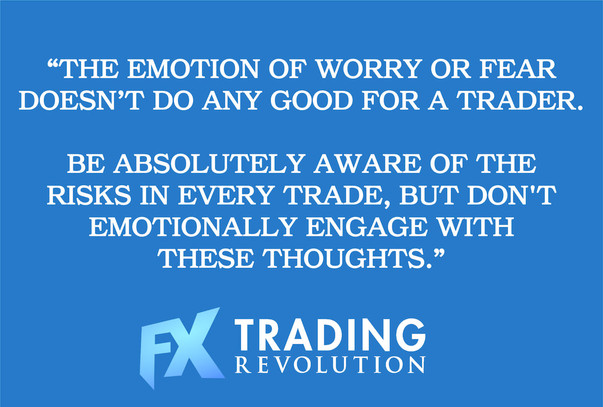
No one is 100% immune to their emotions, but if you can keep them to an absolute minimum when making trading decisions that will be a huge step forward.
Here are some tips to help you stand by your analysis.
- Write down the key points of your analysis, like for example, the key factors supporting the trade and the key risks that could cause the trade to go awry.
- Then weigh them against each other. Obviously, you want the factors to be strongly tilted in favor of the trade when you initiate the trade.
- Then, you stay in the trade for as long as it’s valid by the analysis.
- If, on the other hand, the factors reverse and lean in the opposite direction and against the trade, then that should be a definite exit signal for that particular position.
To conclude, the point of eliminating worry is far from suggesting to be complacent or careless. In, fact nothing could be further from the truth. Disregarding the risks will definitely lead you in the wrong direction in trading.
However, the point is that the emotion of worry or fear doesn’t do any good for a trader, and, as a matter of fact, it can only negatively affect their decisions and results. So, the best way to go about it is to be absolutely aware of the risks and what could go wrong with a trade but to not engage emotionally with these thoughts at all.
And, actually, this is true for every area of our lives. We should absolutely be aware of the risks that could cause something to go wrong, but fueling those thoughts with emotions doesn’t do anything to help the situation. In reality, we are much better able to make the right choices and take the right actions when we are calm and relaxed.

